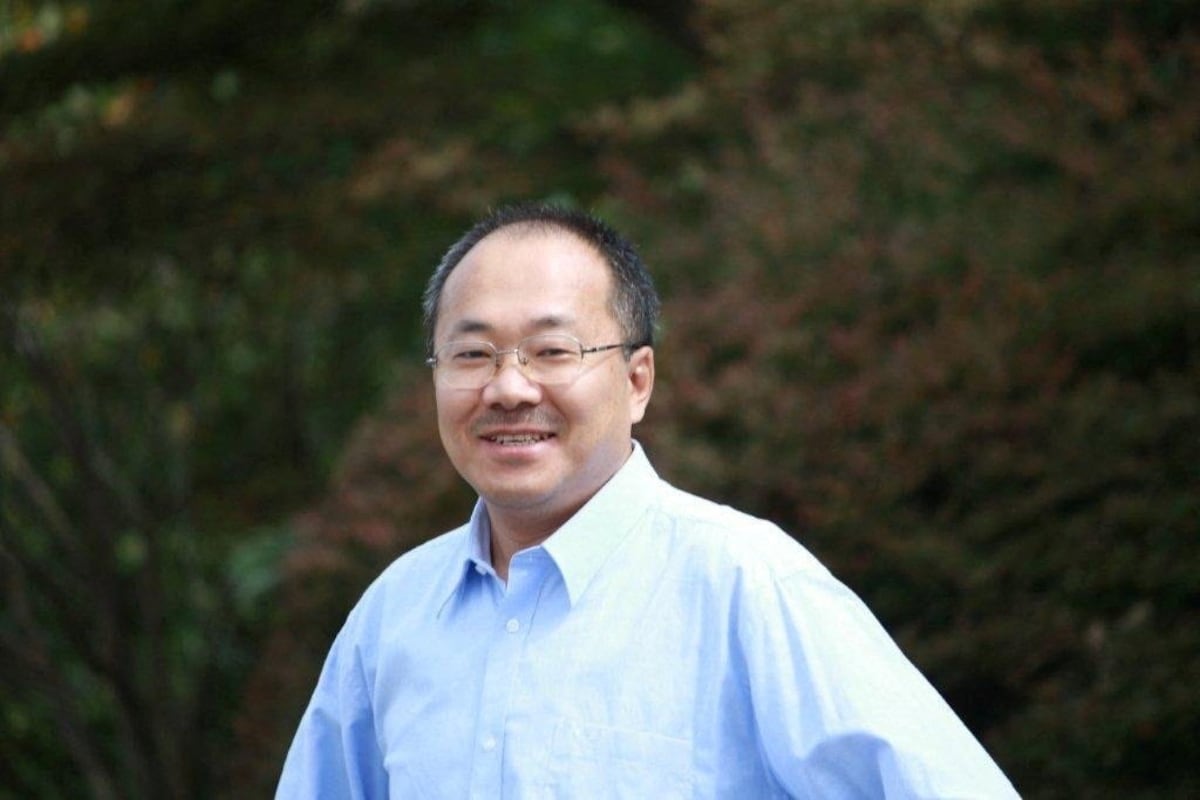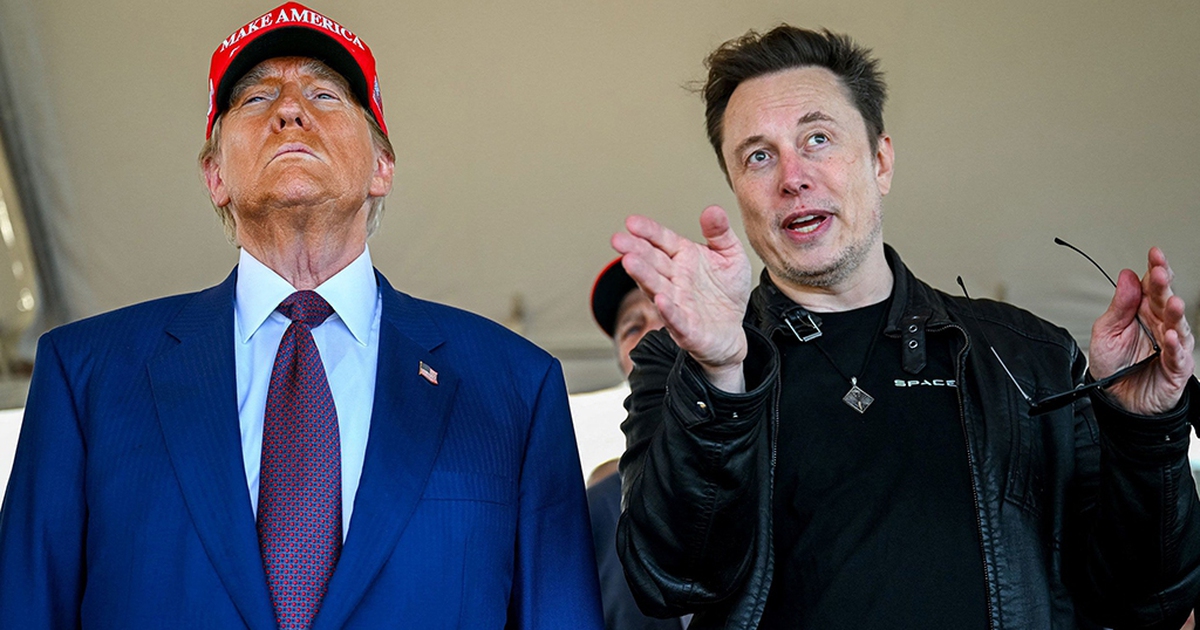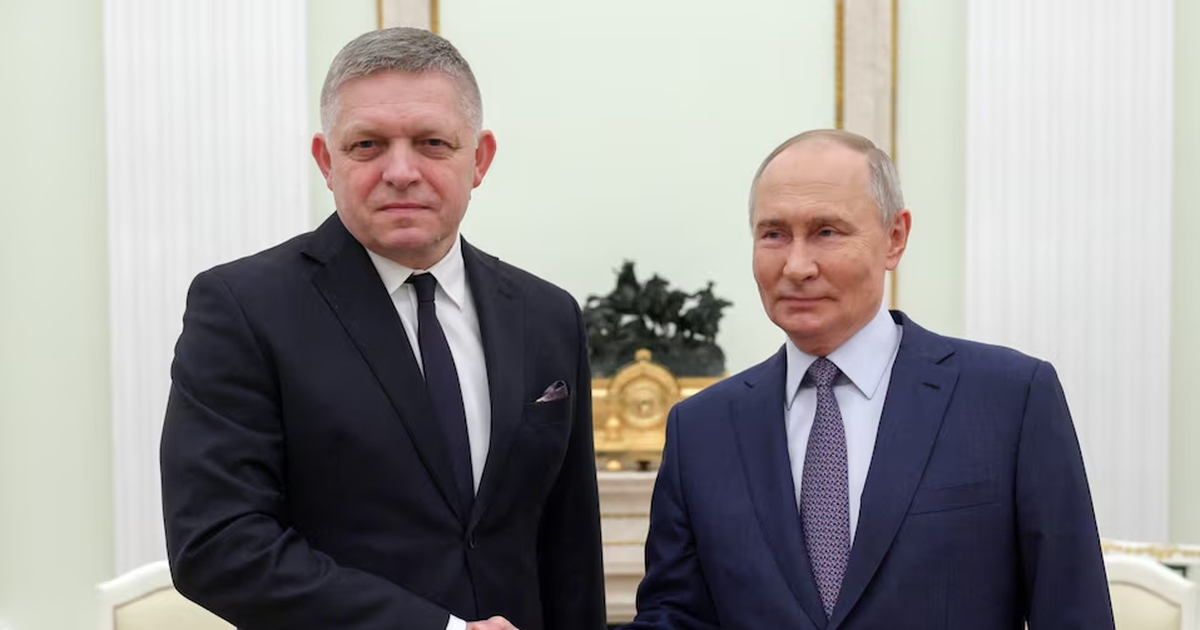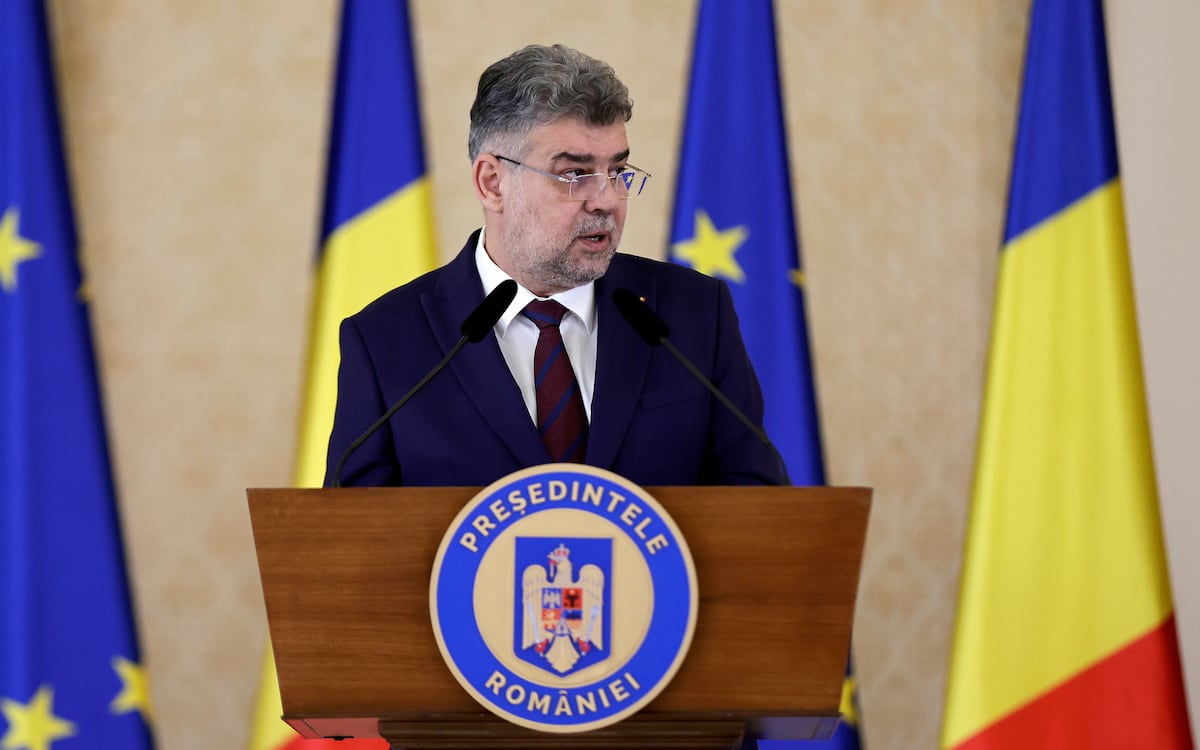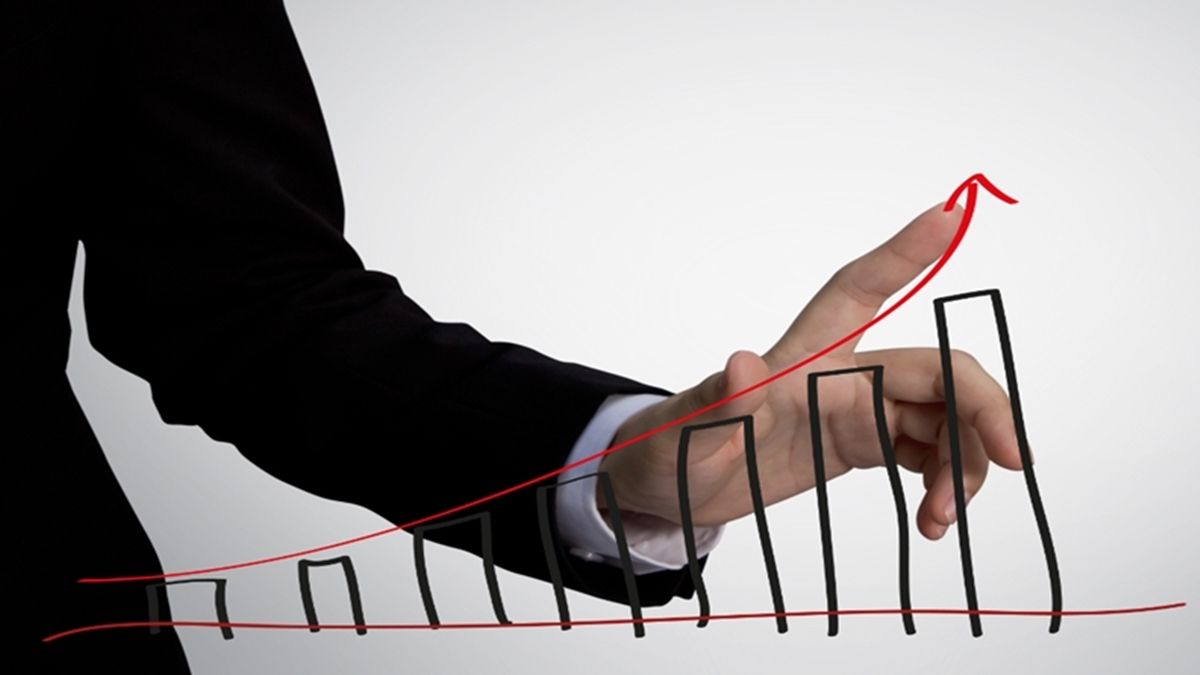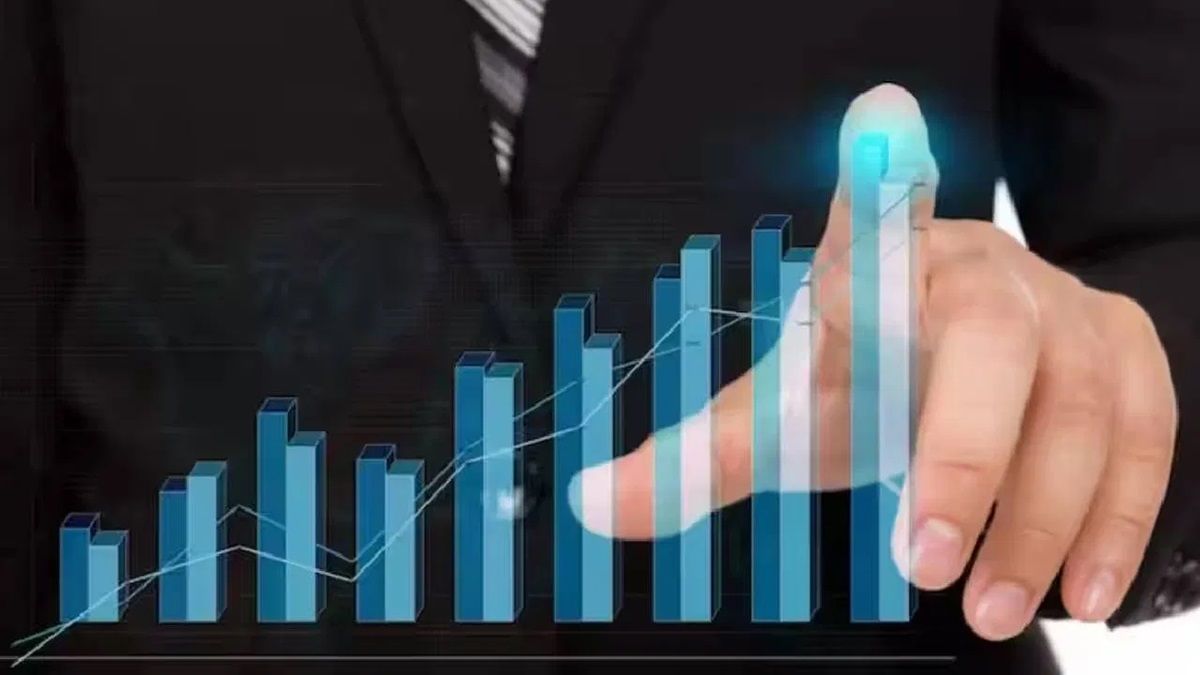The Chinese journalist Dong Yuyu, in preventive detention for two years and nine months, has been sentenced to seven years in prison for “espionage activities”, as confirmed by his family environment. Dong, 62, was deputy director of the newspaper’s opinion section Guangming Dailythe second largest newspaper affiliated with the Communist Party. He was arrested in Beijing in February 2022, while having dinner with a Japanese diplomat. The formal accusation did not come until March 2023, in which he was accused of leaking information to the staff of the Japanese Embassy. This Friday, after repeated extensions, a court in the Chinese capital announced the verdict of a trial that was held behind closed doors in July 2023. “Yuyu has been persecuted for the independence he has demonstrated during a lifetime dedicated to journalism. “, his family expressed in a statement published this afternoon.
Dong frequently participated in meetings with foreign diplomats and reporters, with the aim of discussing global current affairs. In the midst of a climate of mistrust between China and other countries, Beijing has redoubled its efforts against everything it considers a threat to its national security. A reform of the counterespionage law came into force last year, and the Ministry of State Security, in charge of counterintelligence, has asked citizens to be alert. The fear among the international community is that there will be growing concern among the Chinese when it comes to dealing with foreigners or sharing information with them.
In China, national security positions are shrouded in secrecy, trials are held behind closed doors, and penalties for espionage can carry sentences of more than ten years in prison. Dong’s family has reported that the ruling “specifically named” the Japanese diplomats with whom Dong had met as “agents of a spy organization.”
They are the former Japanese ambassador to China, Hideo Tarumi, with whom he maintained a good friendship, according to the Japanese agency Kyodo, and another diplomat whose name has not been revealed. It was with this second that Dong was with in a hotel restaurant on the day of his arrest, February 21, 2022. The diplomat was also detained by the Chinese authorities for a few hours, a fact that was harshly criticized by the Ministry of Foreign Affairs of Japan. The response of the Chinese Foreign Ministry to that scuffle was that the Japanese official was “carrying out activities incompatible with his position.”
Dong remained incommunicado and in the custody of the authorities for six months without his family being notified of his whereabouts. His entourage explained in 2023 that he had not wanted to bring the news of the arrest to light in the hope that the charges would be reduced or dropped. It was in March 2023 when they informed him that he would be tried. The trial took place four months later.
“Yuyu will now be known as a traitor in his own country, instead of being recognized as a person who always fought for a better Chinese society,” says his family, who describes the sentence as “serious injustice” not only for him, “but for all free-thinking Chinese journalists and all ordinary citizens committed to engaging in friendly relations with the rest of the world.” “His sentence to seven years in prison based on no evidence demonstrates how corrupt China’s judicial system is,” the letter criticizes.
Dong’s career flourished at a time when China encouraged foreign exchanges. He joined the Guangming Daily in 1987 after graduating from Peking University Law School, one of the most prestigious in the nation. The awards he won for several of his reports on social issues catapulted his rise within the newspaper. He was known for his opinion articles, as well as for his contributions to liberal academic journals, where he discussed topics ranging from legal reforms to social issues. He also co-edited a book promoting the rule of law in China. He even wrote articles for the Chinese edition of The New York Times in which he focused on the Government’s priority to economic growth at the expense of pollution.
He attended Harvard University in the 2006-2007 academic year as a recipient of the famous Nieman journalism scholarship. In 2010, he was a visiting researcher at Keio University (Japan) and, in 2014, a visiting professor at Hokkaido University, also in Japan.
But the space for free expression has been drastically reduced since Xi Jinping came to power in 2012. The media is closely in line with the official vision of the Communist Party, Chinese journalists have many obstacles to collaborate with foreign publications and , even academics, need permission from their institutions to meet with foreign journalists. In the case of Dong, although his texts advocated moderate reforms, he always avoided directly criticizing the Chinese president. China ranks 172 out of 180 in the latest press freedom ranking published by Reporters Without Borders.

